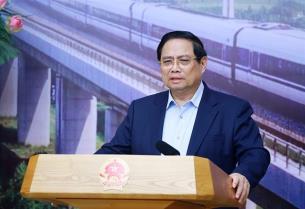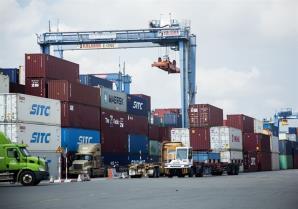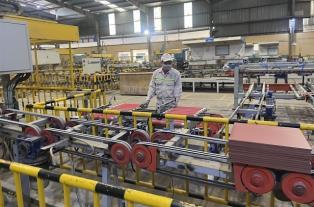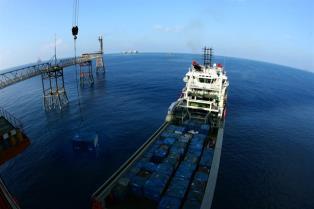The Ministry of Justice on October 3 held a pivotal seminar focusing on the development of a comprehensive legal framework for Việt Nam’s emerging International Financial Centres (IFCs).
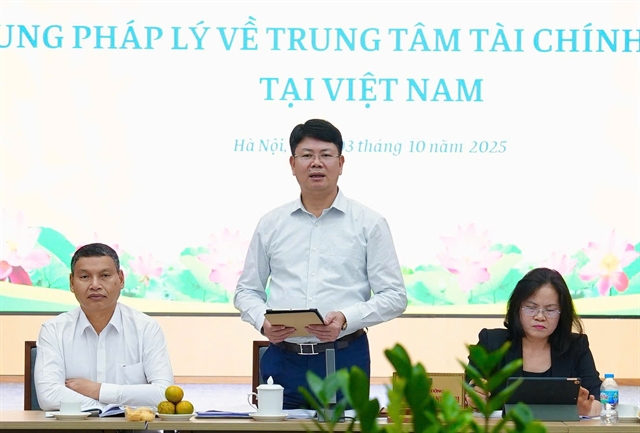
HÀ NỘI — The Ministry of Justice on October 3 convened a pivotal seminar on developing a comprehensive legal framework for Việt Nam’s planned International Financial Centres (IFCs), a key step in the Government’s drive to establish Đà Nẵng and HCM City as hubs for global finance and investment.
The seminar brought together legal experts, economists, government officials, researchers, and representatives from the two cities designated to host the centres. Their task was to review and refine the draft decree detailing implementation of Resolution No. 222/2025/QH15, recently adopted by the National Assembly.
The resolution sets out the foundation for the creation, operation and management of Việt Nam’s IFCs, signalling the country’s intention to integrate more deeply into global financial networks.
Deputy Minister of Justice Nguyễn Thanh Tịnh opened the seminar, stressing that the establishment and effective operation of these financial centres constitute a major policy priority endorsed by both the Party and the State.
While Resolution No. 222 provides the overarching legal framework, the government-issued decrees will be critical in translating vision into workable policies and operational guidelines. At present, the Ministry of Justice is overseeing the review and appraisal of eight draft decrees connected to the IFCs. Five have already been appraised, with two submitted by relevant ministries for government approval, while others remain under development.
The seminar offered a vital platform for exchanging expertise, sharing perspectives and addressing potential challenges to ensure the decrees are practical and effective.
Deputy Minister Tịnh expressed hope that expert contributions would help build a legal framework both suitable and feasible, enabling Việt Nam’s IFCs to compete with established financial hubs in Asia and beyond.
He also emphasised the need for Đà Nẵng and HCM City to move quickly in drafting their own operating regulations, ensuring alignment with international best practices. Without clear rules, he warned, even the strongest decrees risk becoming difficult to implement effectively.
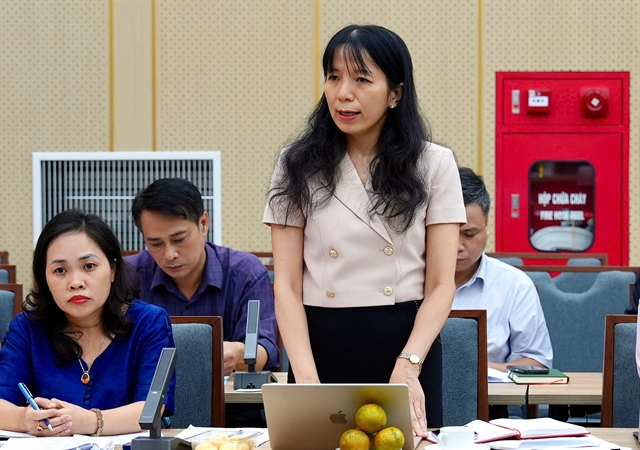
A key topic at the seminar was clarifying the roles and responsibilities of the agencies tasked with managing and supervising the IFCs.
Deputy Director of the Foreign Investment Agency under the Ministry of Finance Đào Thanh Hương outlined the ministry’s responsibility in drafting two vital decrees: one establishing the Việt Nam International Financial Centre and another detailing the financial policies to be applied within it.
As the IFCs will be located in Đà Nẵng and HCM City, the Ministry of Finance is working closely with local governments. The draft decree proposes that each city will have its own executive and supervisory agency.
This decentralised approach is intended to give the two cities autonomy and flexibility in managing their respective IFCs, while the central government retains oversight to prevent unhealthy competition or duplication of efforts.
Hương explained that having two agencies in each city would allow smoother management of continuous and complex financial activities, while specialised supervision would be handled by other central agencies with specific mandates. This structure is designed to balance local initiative with national coordination.
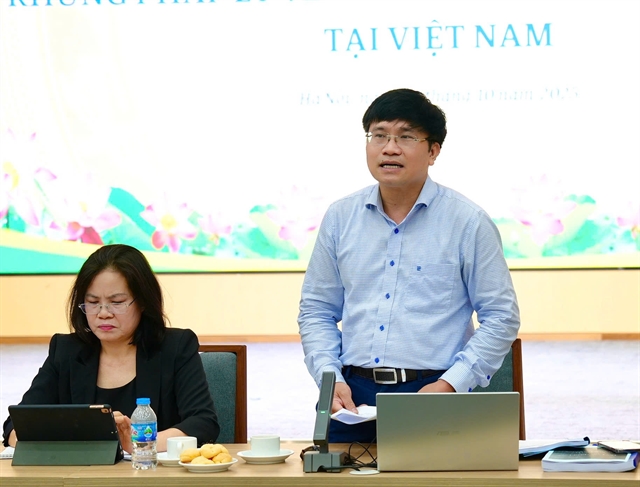
Director of the Institute for Legal Strategy and Science under the Ministry of Justice Nguyễn Văn Cương highlighted the critical role an IFC plays in a country’s financial ecosystem.
Typically located in a city or designated special zone, an IFC is a nexus for global financial services including banking, insurance, capital markets, fund management, fintech, digital assets, and international commercial arbitration.
Cương stressed that an IFC’s success depends on the presence of a transparent, stable, and investor-friendly legal framework that inspires confidence among global businesses.
This framework must establish fair competition, reliable dispute resolution mechanisms and flexibility to adapt quickly to emerging technologies such as fintech, artificial intelligence, and digital currencies.
Moreover, it should align with international standards and bodies such as FATF, IOSCO, the Basel Committee on Banking Supervision, and IAIS.
To achieve this, Cương recommended that Việt Nam’s IFC legal framework incorporate some degree of operational independence from the broader national legal system.
Many successful IFCs worldwide maintain a dedicated judicial body or court known for high integrity and specialised expertise in financial law.
Simplifying administrative procedures and creating a one-stop management agency were also identified as best practices to reduce compliance costs and improve efficiency.
Additionally, attracting international financial, technological, and legal talent will require favourable policies on taxation, immigration, and visas.
Cương warned that Việt Nam must avoid any perception of becoming a 'tax haven' by linking tax incentives transparently and ensuring compliance with global standards.
He emphasised the importance of building a 'legal trust brand' for Việt Nam’s IFCs, as reputation and institutional capacity often weigh more heavily than tax breaks in attracting high-calibre international players.
One challenge discussed at the seminar was how to handle conflicts that are likely to arise between the laws governing the IFC and Việt Nam’s domestic regulations. Finding a balance to ensure IFC-specific laws do not contradict or undermine national policies is critical. Moreover, the IFC framework needs to integrate modern solutions such as electronic courts and streamlined administrative procedures to enhance transparency and speed.
Việt Nam’s lawmakers are working towards establishing a comprehensive foundational law that will act as the legal bedrock for IFCs. This law, combined with detailed operational decrees and regulations, will form a holistic governance system designed to ensure long-term success. — VNS


